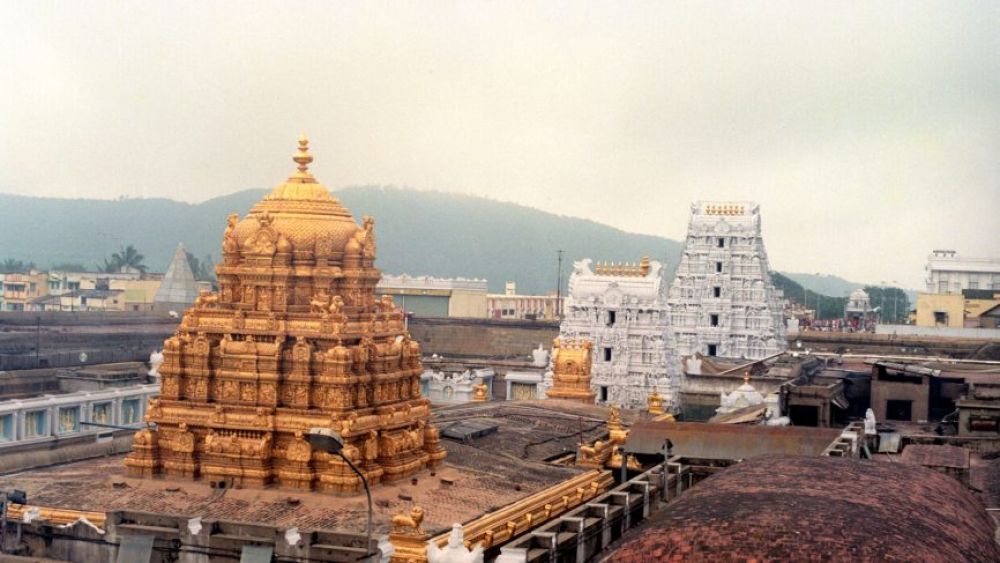

The Venkateswara Temple at Tirumala, near Tirupati in Andhra Pradesh, India, is a beacon of Hindu pilgrimage, attracting millions of devotees from across the globe. The temple is dedicated to Lord Venkateswara, an incarnation of Lord Vishnu, and boasts a history rich with tradition and spirituality that spans several centuries.
The origins of the Venkateswara Temple can be traced back to the Vaishnavite traditions in the 9th century, with mentions made by Tamil Alvars saints. However, it was during the rule of the Vijayanagara Empire around the 14th and 15th centuries that the temple saw significant architectural enhancements and became a pivotal center for pilgrimage. During this period, various rulers allotted funds and resources for the temple's maintenance, leading to an increase in its prominence and the number of visitors.
Over the years, the pilgrimage to the Venkateswara Temple has been considered one of the holiest travels for Hindus. The practice of 'Tirumala Tirupati Darshan'—seeing the idol of the deity—is believed to bring divine blessings. The temple's location on Tirumala hill is also part of the spiritual journey, where devotees traditionally ascend the seven hills, representing the seven heads of Adisesha, on whom Lord Vishnu rests.
In the 20th century, with the establishment of the Tirumala Tirupati Devasthanams (TTD) in 1932, systematic development and preservation of the temple environment were put into place. The TTD is responsible for providing facilities to the increasing flow of pilgrims, ensuring that the experience remains spiritual and organized.
Recent Tourism Trends
In recent times, the temple has incorporated technology to manage the extensive influx of pilgrims. Initiatives such as e-darshan, online booking for sevas, and accommodation have greatly improved access and convenience for devotees. Advanced crowd management systems and amenities like free meals through the Nitya Annadanam scheme ensure that the spiritual and welfare aspects of pilgrims are well taken care of.
The annual Brahmotsavam festival, a grand celebration dedicated to Lord Venkateswara, is a major event attracting thousands of tourists, adding a significant boost to religious tourism in the region.
Eco-Tourism Initiatives
There is also a growing emphasis on eco-tourism, with the TTD implementing measures to conserve the rich biodiversity of the Tirumala hills. Preservation of the natural surroundings and sustainable practices contribute to the overall appeal of Tirumala as a divine and serene destination.
The Venkateswara Temple at Tirumala has transcended its religious confines to become a cultural hotspot, greatly influencing the arts, cuisine, and traditions of the region. Its spiritual significance combined with Andhra Pradesh's hospitality has made it one of the most revered and visited religious sites in the world.
As travel evolves, Tirumala Tirupati continues to innovate while preserving its ancient rituals and traditions, ensuring that the essence of the sacred temple remains untouched for future generations of pilgrims and tourists.